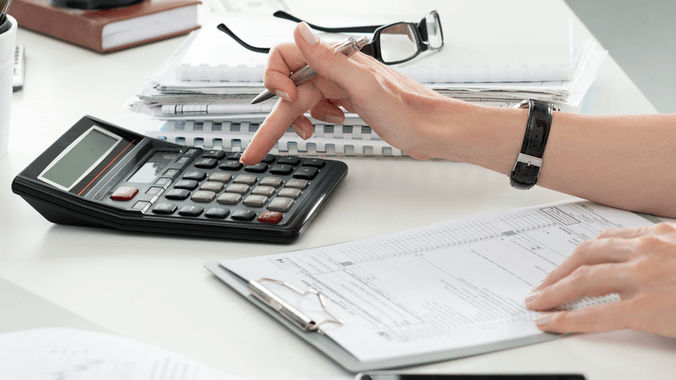As a contractor you will incur expenses, paid for by yourself, which then needs to be claimed back from your own company. But sometimes you cannot get a receipt. Do you need one? The answer is ideally yes, but you can still claim without one.
Valid expense claims and receipts
HMRC rules state that expenses can be claimed provided they are wholly and exclusively for the purposes of your contract.
Expenses can potentially be claimed if they are not receipted but they must be genuine business expenses which you have actually incurred.
For example, you may travel on a tube and be unable to keep the ticket or obtain a receipt. You would not have a problem claiming the expense if it is reasonable and you could give evidence to an Inspector of Taxes that you really did make the journey.
This is quite different from claiming expenses which are not incurred, which are most definitely not tax allowable. Claims for expenses which are not incurred are tantamount to tax fraud - for which you can be sent to prison.
What happens if you claim non genuine expenses?
If HMRC investigate your affairs and find that you have negligently or fraudulently made claims for incorrect or false expenses you may be subject to a penalty.
The penalty would be 100% of the tax lost plus interest. This is increased to 200% if HMRC decides to pursue the case of fraud.
An Inspectors decision is unlikely to be changed by arguments like "you were only doing what the umbrella company/accountant/other third party advised/encouraged you to do".
The worse scenario would be for HMRC to pursue a case of fraudulent evasion of income tax, which is liable upon conviction to imprisonment for up to seven years and/or an unlimited fine.
To avoid heavy penalties and possible imprisonment contractors should think twice before putting through non genuine expenses.
What is a dispensation about then?
Any employer can apply to HMRC for a Dispensation in order to avoid reporting expenses paid to employees on form P11D.
The standard procedure is that expense claims must be declared on form P11D and then included by the employee on his tax return, together with a claim for 100% business use as appropriate, if the expense was incurred wholly, exclusively and necessarily for the purposes of the employment.
It is very important to understand that the granting of a Dispensation to an employer does not entitle either the employer or the employee to claim non existent expenses, which both the employer and employee know have never been incurred and are simply claimed to obtain a tax advantage.
Dispensations are intended by HMRC only to minimise the need for administration and paperwork – not to obtain tax relief or advantage on expenses or claims which would not otherwise be allowable.
What should you do?
You should attempt to minimise any claims made without vouchers or other evidence to show that you have actually incurred the expense.
You will then be able to avoid any worries or unexpected tax assessments/liabilities/penalties, which might arise in the event of a tax enquiry.

